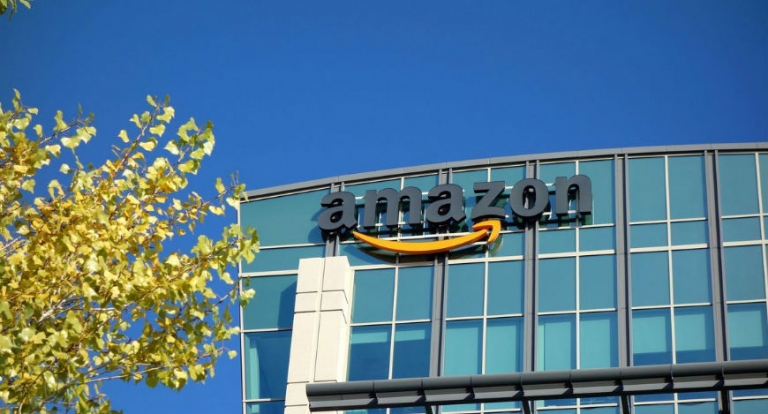
Tech giant Amazon has announced plans to invest at least $20 billion in Pennsylvania to expand its data center infrastructure to support Artificial intelligence (AI) and cloud computing technologies.
This landmark investment, the largest private sector commitment in Pennsylvania’s history, is projected to create at least 1,250 high-skilled jobs, including roles for Data Center engineers, network specialists, operations managers, and security experts. It will also support thousands of local construction jobs, and positions in the data center supply chain as well as other jobs in the local communities.
Amazon’s recent investment, follows its recent U.S wide investments in generative AI and cloud infrastructure, reinforcing its commitment to U.S leadership in AI and enabling customers from startups to government agencies to leverage AI for innovation, cost reduction and agility.
Register for Tekedia Mini-MBA edition 18 (Sep 15 – Dec 6, 2025) today for early bird discounts. Do annual for access to Blucera.com.
Tekedia AI in Business Masterclass opens registrations.
Join Tekedia Capital Syndicate and co-invest in great global startups.
Register to become a better CEO or Director with Tekedia CEO & Director Program.
Commenting on this investment, Governor of Pennsylvania Josh Shapiro said,
“Pennsylvania is competing again and I’m proud to announce that with Amazon’s commitment of at least $20 billion to build new state-of-the-art data center campuses across our Commonwealth, we have secured the largest private sector investment in the history of Pennsylvania. This initial investment from Amazon will create thousands of good-paying, stable jobs as Pennsylvania workers build, maintain, and operate the first two data center campuses in Luzerne County and Bucks County.
“Our team worked closely with local leaders and Amazon to land this deal, and we continue to be actively engaged on securing additional sites in Pennsylvania—helping them secure local support, developing the infrastructure needed to support more data centers, and ensuring our permitting processes move quickly and efficiently. With this historic announcement, we’re creating opportunity for our workers, generating new revenue for our local communities, and ensuring the future of AI runs right through Pennsylvania.”
Also speaking David Zapolsky, Amazon’s chief global affairs and legal officer said,
“Amazon’s multi-billion-dollar investment in Pennsylvania reinforces our dedication to advancing AI innovation while creating lasting economic opportunities in the state. By expanding our cloud computing infrastructure, we’re investing in Pennsylvania’s future through new jobs, workforce development programs, and community initiatives. We look forward to helping drive the next generation of technology innovation, while delivering meaningful benefits for Pennsylvania residents.”
Amazon’s investment builds on its existing Pennsylvania footprint, which includes $26 billion invested since 2010, over 27,000 direct jobs across 23 fulfillment centers and 20 delivery stations, and an additional 37,100 indirect jobs,
Since first establishing cloud computing infrastructure in the U.S. in 2006, Amazon Web Services (AWS) has been creating jobs, economic growth, education and training opportunities, and much more for the people who live and work in the communities where we operate.
Since 2011, the tech giant has invested more than $156 billion in its four AWS infrastructure Regions in the U.S. This investment has supported more than 37,000 full-time equivalent jobs across the country annually and generated more than $51 billion to the nation’s gross domestic product (GDP). It also has positive ripple effects in communities across the country.
Amazon’s $20 billion investment in Pennsylvania significantly strengthens its position in the AI race by enhancing AWS’s infrastructure, accelerating hardware and software innovation, and fostering economic and political goodwill. It positions Amazon to compete more effectively against Microsoft, Google, and OpenAI by offering scalable, cost-efficient AI solutions and attracting top talent.
Notably, enhanced infrastructure could enable AWS to support emerging AI paradigms, such as multi-modal models or AI agents that perform complex tasks autonomously. This aligns with Amazon’s stated goal of building the “technology backbone for the next generation of generative and agentic AI,” potentially capturing a larger share of the enterprise AI market.



